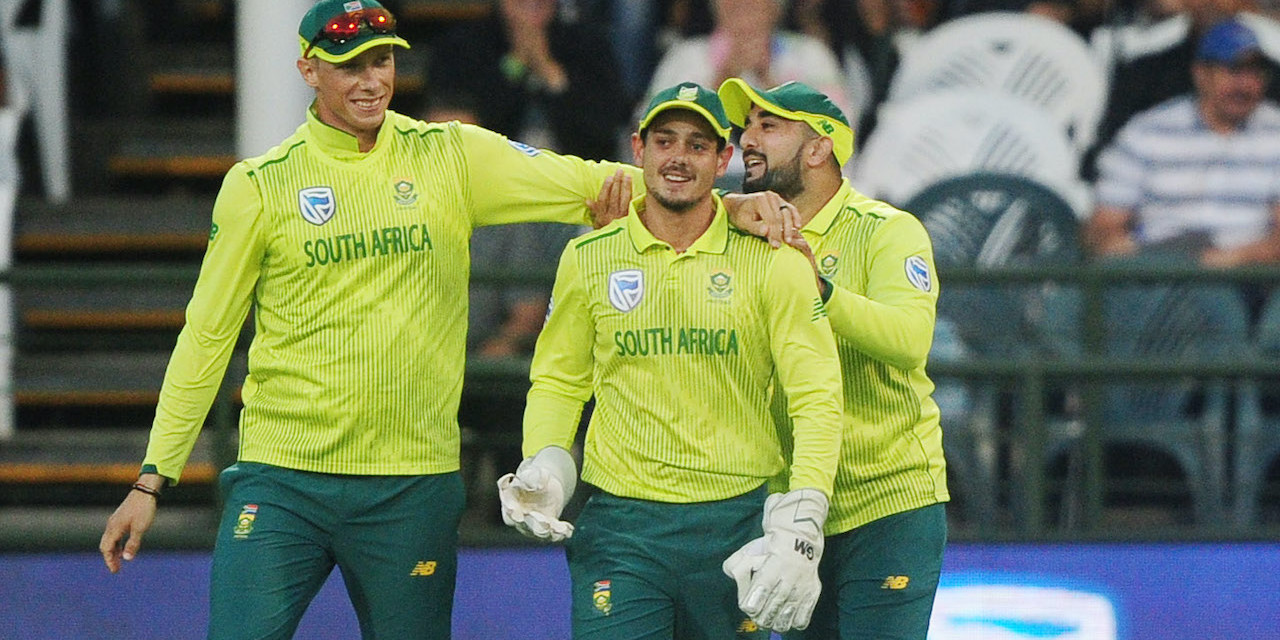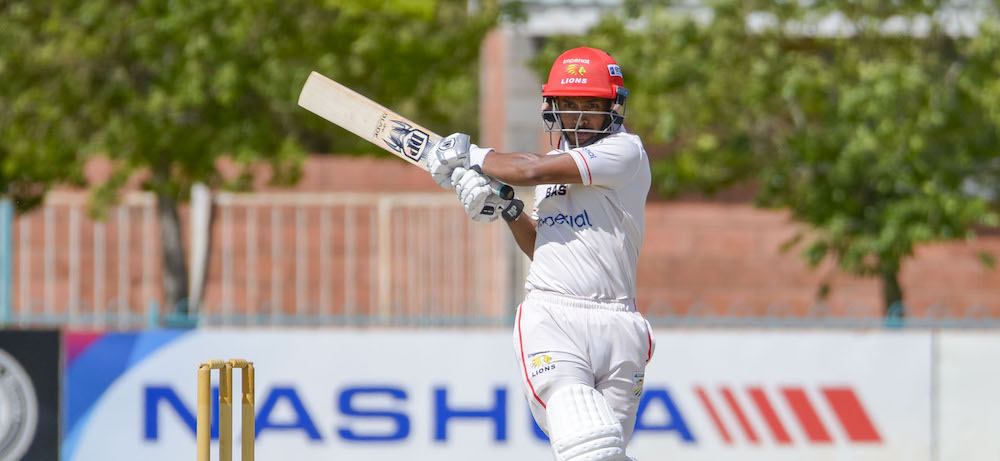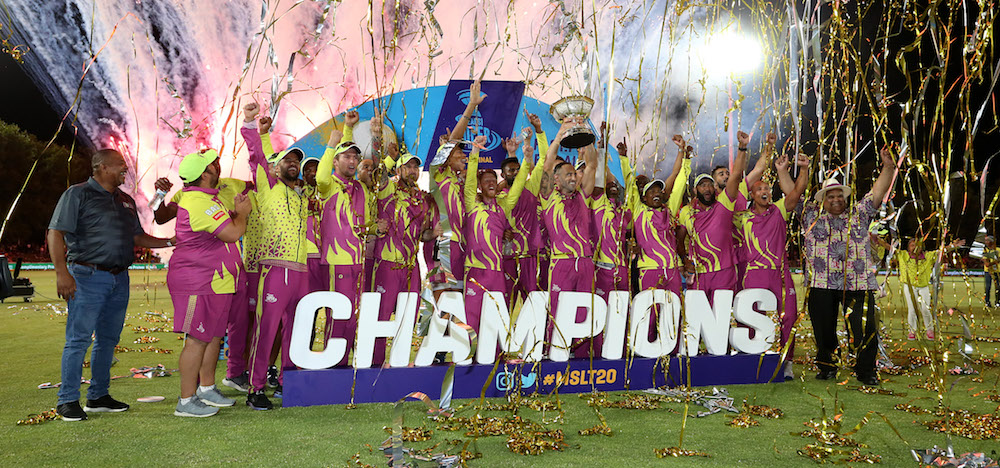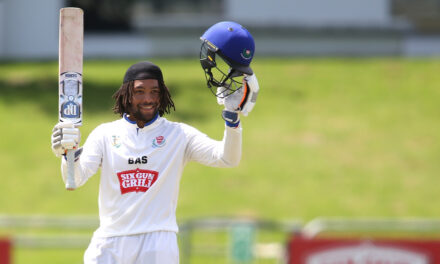Not all heroes in cricket carry a bat and ball, some wear wicket-keeper gloves and stand behind the stumps, writes Lubabalo Skhosana.
The evolution of cricket has seen the birth of many other formats recognised and others, not so much. We have seen the evolution of cricket not only through the birth of new formats but also through new ways of playing, new and improved cricket gear etc.
Purists of the game may argue that some of the changes we have witnessed have been unnecessary and not good for the game. The game was always bound to change as times change. The game was always bound to move on but was the game ever supposed to move on from one of the most important roles on the cricket field?
You are now probably wondering what this is all about.
Whilst we can agree that even with the evolution of cricket, there are things that are less likely to ever change about the game, perhaps this evolution may result in other things being seen as less important or not important at all.
Growing up watching cricket, I always knew that a quality wicket-keeper who, on wicket-keeping alone, would make the side, was particularly important.
Gloveman-ship used to have a lot of value which is why we got to witness guys like Ian Healy, Jack Russell, Mark Boucher, and many other quality glovemen who were really good behind the stumps.
Modern cricket has somehow moved away from picking specialist wicket-keepers, and this makes sense because the game has changed.
A big concern however is how it seems like wicket-keeping has become something that is disregarded, something “everyone can do.” These days wicket-keepers are required to contribute more with the bat because of the way in which the game has progressed.
Modern cricket in general has become more about the number of runs one can score, the number of 6s and 4s one can hit and trying to score runs in the least amount of balls possible. Bowlers are even often criticised for their ability to score runs or the lack thereof.
However, wicket-keeping has suffered more. There is more emphasis on run-scoring and less on wicket-keeping which is unfair because keepers, just like batters and bowlers, are match winners.
Not all heroes in cricket carry a bat and ball, some wear wicketkeeper gloves and stand behind the stumps.
Whilst finding a metric for this could prove challenging, recognising wicket-keepers as all-rounders in the game could be good for the art of wicket-keeping.
Wicket-keepers do after all contribute twice and both roles are primary roles. We need to save the art of wicket-keeping before modern cricket sees its demise. Yes, we have seen cases where wicket-keepers have dropped gloves to maybe bowl a few because of the match situation, but when I saw South Africa pick David Miller as a backup wicket-keeper in a World Cup and even go as far as playing him as a keeper building up to the World Cup, I thought it was one of the biggest travesties for the art of wicket-keeping.
Young kids who are taking up cricket as a sport do not want to be wicket-keepers because they believe it would lessen their chances of making any side. England at some point would pick Jos Buttler ahead of a quality genuine wicket-keeper in Ben Foakes. All of this is because of Jos’ batting ability.
Wicket-keepers are all-rounders and should be treated like such. It does matter whether one is picked as a batting keeper or a keeper batter, they are still expected to take those edges and score those runs. A wicket-keeper is no ordinary fielder and will never ever be one.
Okay, maybe your keeper may train like normal fielders but if keeping was equal to fielding anywhere on the field, we would still be rotating as we did in mini cricket where everyone got to keep.











